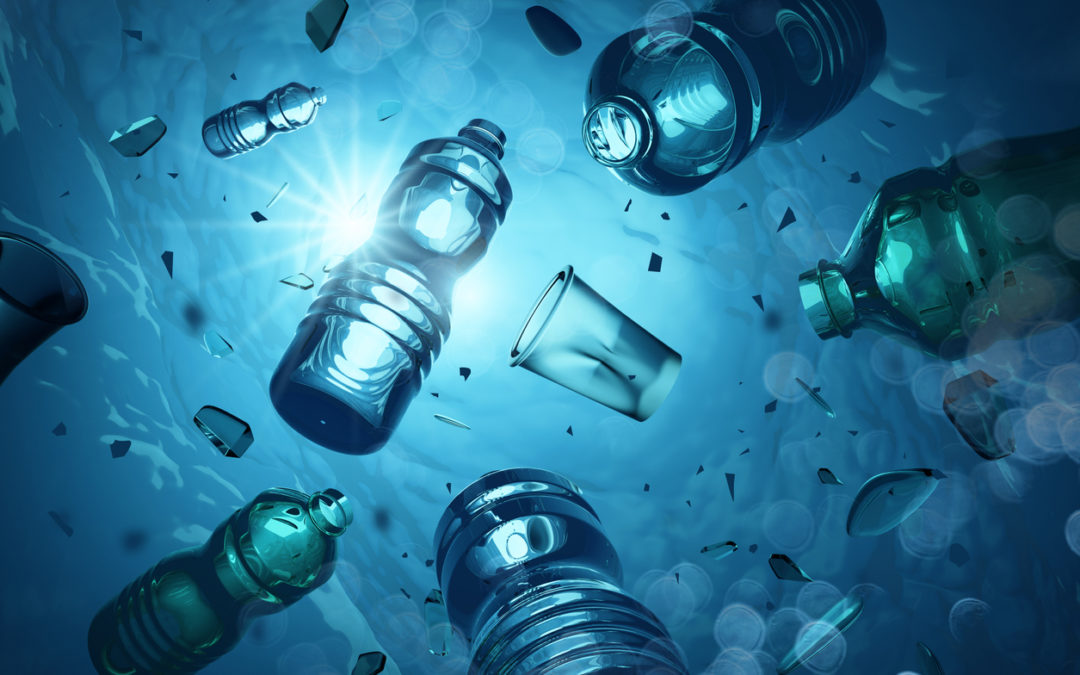Plastic is already found in our blood, and now it may be in our brains. Scientists at the University of Vienna have discovered particles of plastic in mice’s brains just a mere two hours after the mice ingested drinking water containing plastic. Once in the brain, “[p]lastic particles could increase the risk of inflammation, neurological disorders or even neurodegenerative diseases such as Alzheimer’s or Parkinson’s,” Lukas Kenner, one of the scientists, said in a statement, although more research is needed to determine the relationship between plastics and these brain disorders. The researchers also believe that microplastic contamination in our brains can cause short-term health effects such as cognitive impairment, neurotoxicity and altered neurotransmitter levels, which can contribute to behavioral changes.
You can read the study here.

